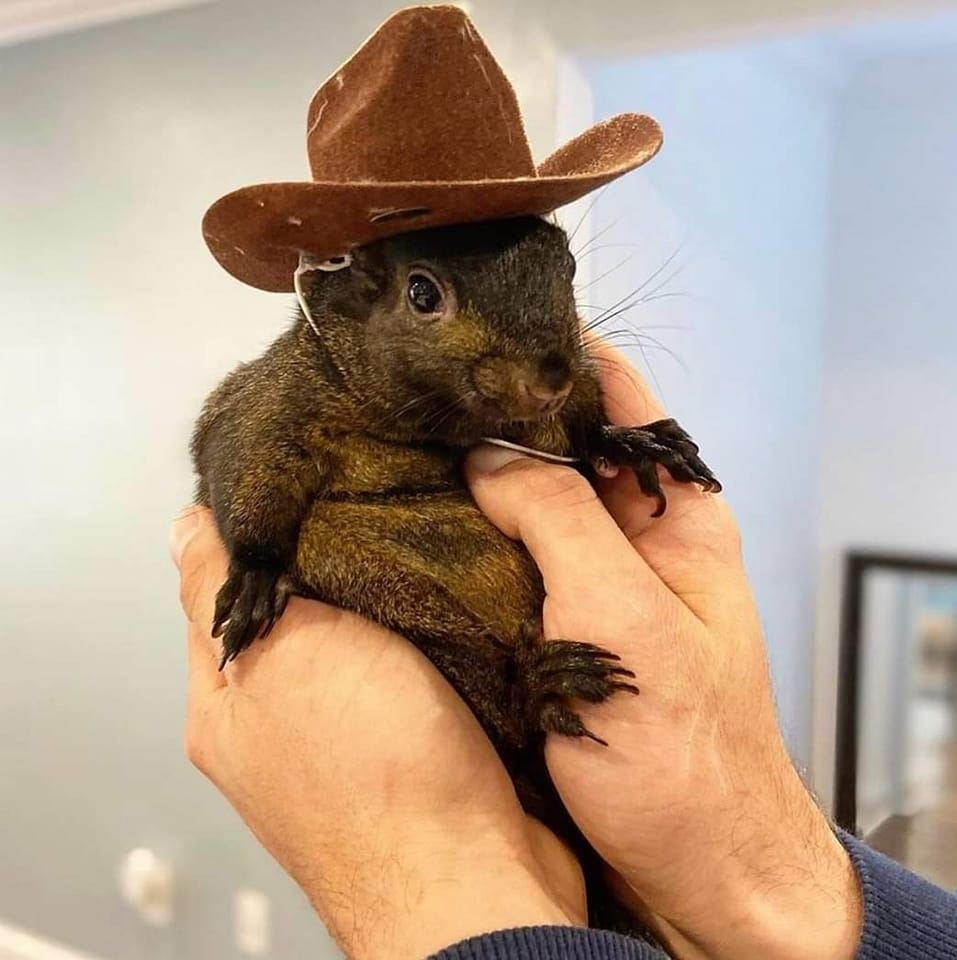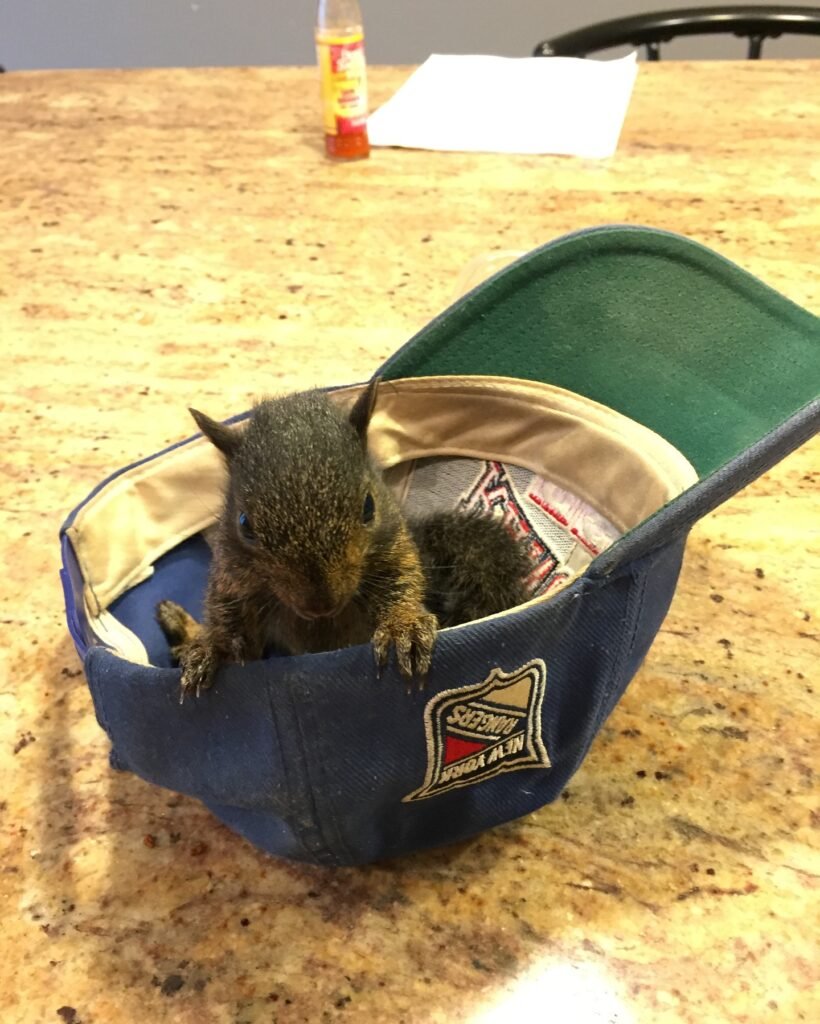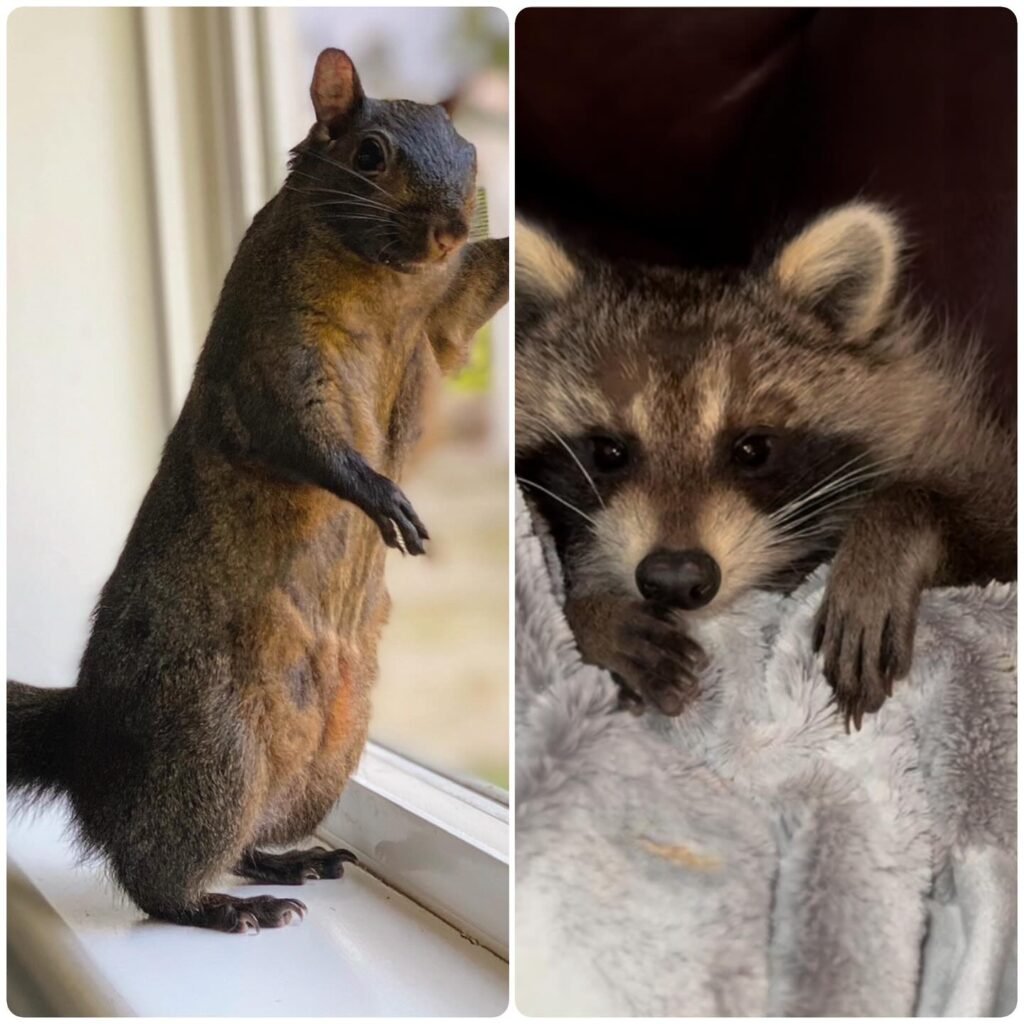Newly released documents reveal troubling failures by state officials in the case of Peanut the squirrel, a beloved internet-famous animal whose death sparked public outrage.
An incident report obtained by the Associated Press shows that New York’s Department of Environmental Conservation (DEC) received warnings about potential mistreatment at P’nuts Freedom Farm Animal Sanctuary—run by Peanut’s owner, Mark Longo—months before the squirrel’s death. Despite these early complaints, officers dismissed the concerns, citing bureaucratic obstacles and no apparent evidence of a crime.
Peanut, also affectionately known as P’Nut or PNUT, died on October 30, 2024, after being seized by the DEC. The heartbreaking news was later shared by Longo on Instagram, followed by a joint statement from the DEC and the Chemung County Department of Health, confirming the deaths of Peanut and a raccoon named Fred.
Early Warnings Ignored

According to documents obtained by AP News, concerns about conditions at the sanctuary were raised as early as January 2024. Officials had been alerted to Peanut’s living situation—specifically that he was being kept as a pet and was an internet sensation, often seen dressed up for videos. A former neighbor, who was also a licensed wildlife rehabilitator, submitted complaints alleging animal mistreatment, according to PEOPLE.
However, DEC officers reportedly failed to act. They cited administrative hurdles and stated there wasn’t enough evidence to pursue a warrant. Even after additional complaints surfaced in May, officials claimed no judge would sign a search warrant for a squirrel. This lack of action has drawn widespread criticism following the tragic outcome for Peanut and Fred.
A Beloved Animal Gone Too Soon

Peanut captured the hearts of thousands online with his playful personality and strong bond with Longo. His videos brought joy to people worldwide, turning him into more than just a pet—he became a symbol of love and companionship.
When Fred, a raccoon, was later taken in by Longo, health department officials decided to act, citing concerns that raccoons could carry rabies. That development finally pushed authorities to secure a warrant to search the property.
The DEC has stated that Peanut and Fred were euthanized in accordance with state regulations regarding the possession of wild animals. During Peanut’s seizure, he bit a gloved wildlife biologist, leading officials to mandate rabies testing. Because rabies testing requires brain tissue samples, the animal must be euthanized.
Longo said he knew once Peanut bit the biologist, his fate was sealed. Ultimately, both Peanut and Fred tested negative for rabies, according to AP News.
A Call for Change
Animal rights organizations are now demanding greater accountability and stronger protections for animals like Peanut. Following the news of Peanut’s death, the DEC faced backlash—including bomb threats and floods of angry emails.
“We have carefully reviewed all the public feedback and we understand the distress caused to communities throughout the state,” acting Commissioner Amanda Lefton said in a prepared release last month. “We know that we can do better moving forward.”
Moving Forward

While Peanut’s story has ended in heartbreak, many hope it will lead to meaningful change. Supporters are calling for legislation that would ensure complaints about animal welfare are taken seriously from the outset—and that agencies have the resources and authority to act quickly when concerns arise.
For now, Peanut’s memory lives on in the countless lives he touched. His story is a powerful reminder of why vigilance, compassion, and action are so important when it comes to protecting our most vulnerable animals.